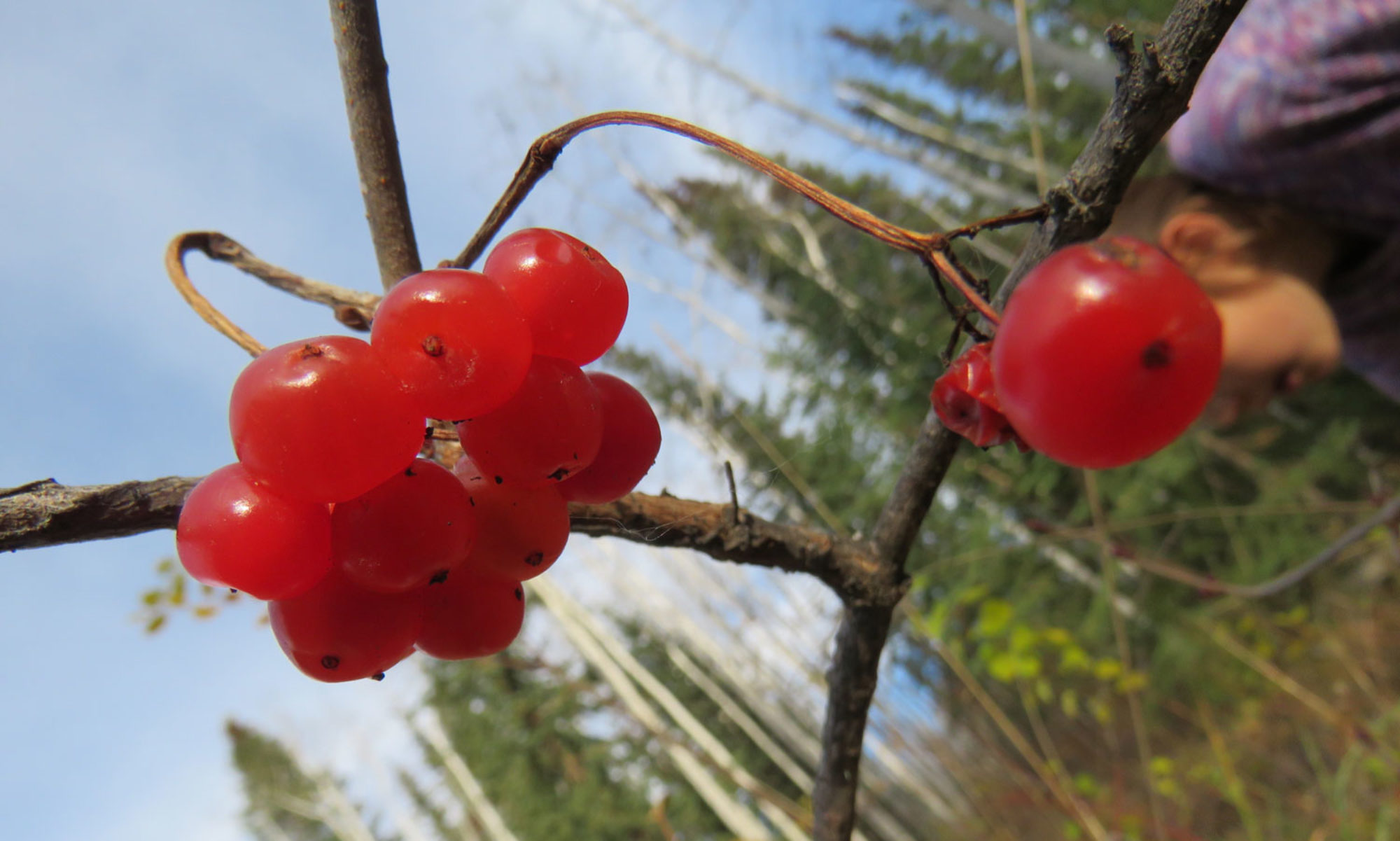
Suzanne will be speaking at the Food Secure Canada National Assembly, which runs from Nov. 1 to 4 in Montreal. Called, Resetting the Table, the gathering is billed as Canada’s largest and most vibrant food gathering.
At the event, hundreds of Canada’s brightest food thinkers and most innovative organizations will discuss how to get to better food policies.
Practical solutions to pressing food system failures — such as skyrocketing levels of diet-related disease, climate breakdown, and food poverty — will be shared and developed.
The Assembly brings together farmers and foodies, chefs and Indigenous leaders, activists and businesses, seeding a wealth of new ideas and connections. More than 100 expert and activist speakers will be engaging with attendees.
Resetting the Table includes both a Northern and an Indigenous stream. The Northern stream is based on the theme of Rebuilding Northern Food Systems with speakers from across Northern Canada, including Suzanne. She will be speaking about her experience spending a year of eating 100% local to Dawson City and profiling where her food came from — both the people and the land.
Special thanks to the Yukon Agriculture Association, the Yukon Agriculture Branch, and the Canadian Agricultural Partnership (CAP) for supporting Suzanne’s attendance to speak at the conference.


 On April 21 and 22 Vuntut Gwich’in citizens, conservationists, scientists, members of the public and families got together to celebrate the Porcupine Caribou Herd with two days of presentations, films, panel discussions, kids’ activities, and caribou tastings at the Beringia Centre in Whitehorse. The event was hosted by
On April 21 and 22 Vuntut Gwich’in citizens, conservationists, scientists, members of the public and families got together to celebrate the Porcupine Caribou Herd with two days of presentations, films, panel discussions, kids’ activities, and caribou tastings at the Beringia Centre in Whitehorse. The event was hosted by 
